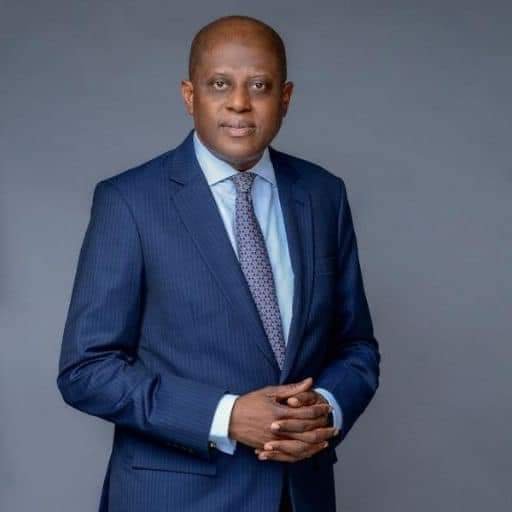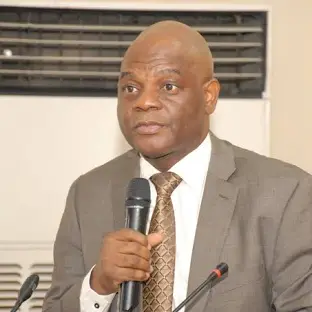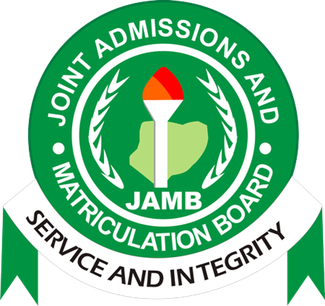The Ambassador of the Kingdom of Saudi Arabia to Nigeria, Faisal bin Ibrahim Alghamdi on weekend emphasized the readiness of his country, Saudi Arabia to play a key role in developing Nigeria’s critical economic sectors, like Renewable energy, Agriculture, and Water connectivity.
Alghamdi expressed the Kingdom’s commitment to partnering with Nigeria when his delegation paid a courtesy visit to the Governor of the Central Bank of Nigeria (CBN), Mr. Olayemi Cardoso, at the CBN headquarters in Abuja, Nigeria.
While speaking, Alghamdi expressed appreciation for the warm reception from the CBN Governor and reiterated Saudi Arabia’s interest in expanding bilateral cooperation.
“He emphasised the Kingdom’s readiness to work with Nigeria in key economic sectors, particularly in Renewable energy, Agriculture, and Water connectivity”, read a statement issued on Sunday by the CBN’s corporate communications unit.
“We are eager to strengthen our relationship with Nigeria and explore mutually beneficial opportunities that will contribute to the prosperity of both nations,” Alghamdi stated.
In his remarks earlier, Cardoso reiterated the Bank’s dedication to enhancing economic cooperation between Nigeria and the Kingdom of Saudi Arabia.
Cardoso emphasised the Bank’s commitment to fostering partnerships across critical sectors that drive economic growth.
He stated that the CBN is prepared to play a critical role in fostering collaboration and that the two countries would see substantial economic benefits from improved cooperation.
“The Central Bank of Nigeria remains committed to advancing partnerships that will deepen economic ties between Nigeria and Saudi Arabia. We will continue to explore opportunities that yield tangible benefits for both countries,” Cardoso stated.
He also commended the Saudi government for its hospitality during the recently concluded AIUla event, hosted by the Saudi Ministry of Finance in collaboration with the International Monetary Fund (IMF) Regional Office in Riyadh.
The visit marks another milestone in Nigeria-Saudi relations, as both countries seek to leverage their respective strengths for long-term economic growth and stability.



